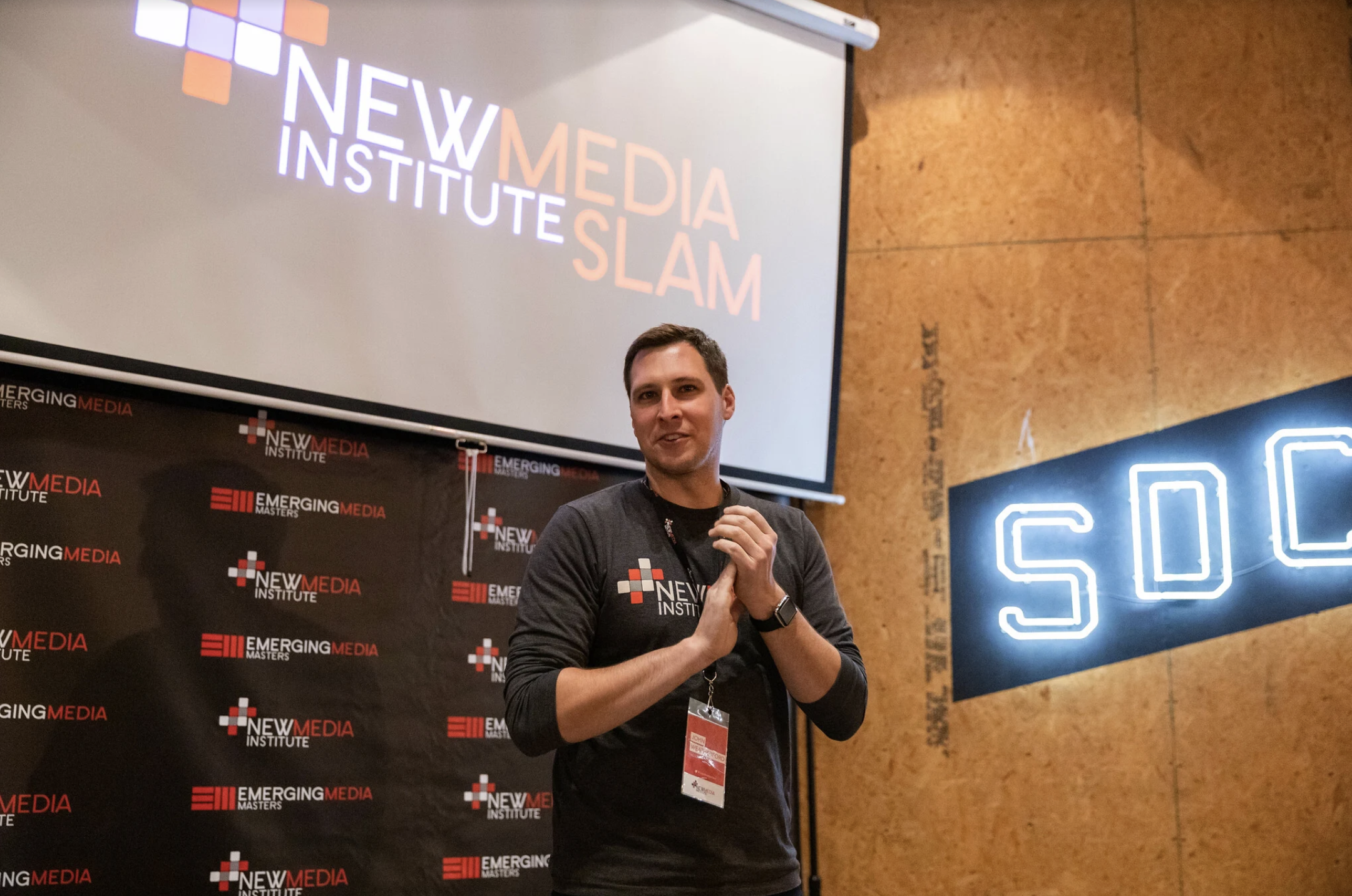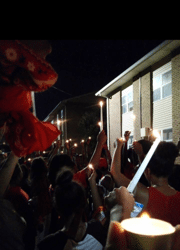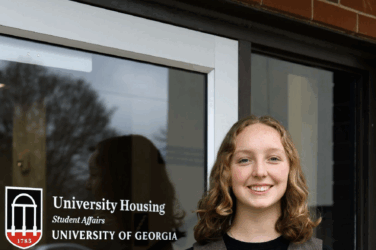John Weatherford, a senior lecturer at the University of Georgia’s New Media Institute, talks to David Velez about the importance of media literacy in today’s digital age.
Essentially all media today is digital, so when we talk about digital media literacy, we really mean media literacy.
If you haven’t developed a strong sense of digital media literacy you are certainly more susceptible to fall for misinformation.
Typically people who aren’t terribly media literate aren’t aware of that fact. They think they’re doing perfectly fine.
The Dunning Kruger effect states that basically that the less you know about something the more confident you are that you know enough about it.
I think most people who aren’t media literate will say ‘Yeah, I’m perfectly media literate,’ right and so how do you get people to change that behavior?
People in their communities need to show them the value and the importance of being media literate.
It’s showing that different publications have different, if not outright, biases, different areas of focus, different perspectives they take, they’re staffed by different people. You’re getting people’s core beliefs, of saying, the place you’re given your information is intentionally misleading to you, and that’s a really hard conversation to have.
People aren’t going to change their behavior just because they think it’s a good idea. At least not typically, they’ll change their behavior because they see other people in communities that care about changing their behavior for a reason that resonates with them.
David Velez is a senior majoring in journalism, minoring in sport management, and earning a Certificate in Sports Media in the Grady College of Journalism and Mass Communication at the University of Georgia.









Show Comments (5)
Bloglarnet
Every quote was awesome and thanks for sharing the content. Keep sharing and keep motivating others.
Gezi Rehber
Great job on this post! The information is accurate and well-researched. I found it to be very helpful and informative.
Mersin Butik
It was a nice and descriptive article. I follow your other articles with keen interest.
Divle Tulum Peyniri
Thanks, good post.
toptan bilgisayar malzemesi
It’s truly enjoyable to follow you. Your writings are not only full of information but also feel like they are written with a warm sincerity. Your latest post on [specific topic] was a guide for me. Thank you!